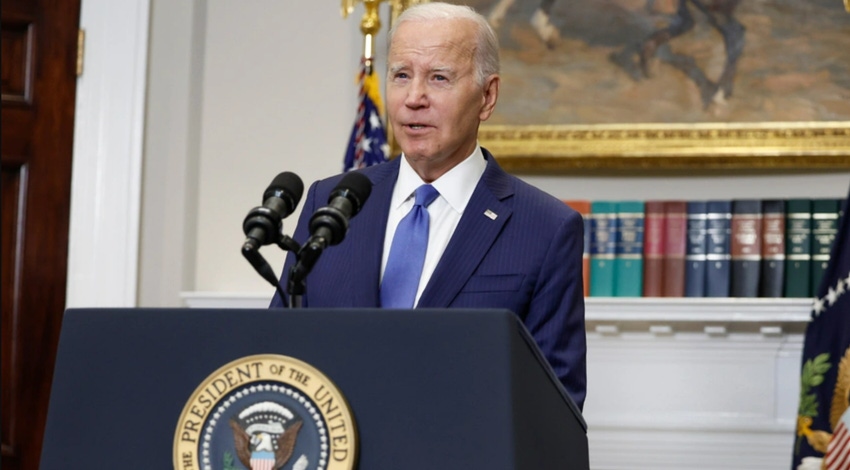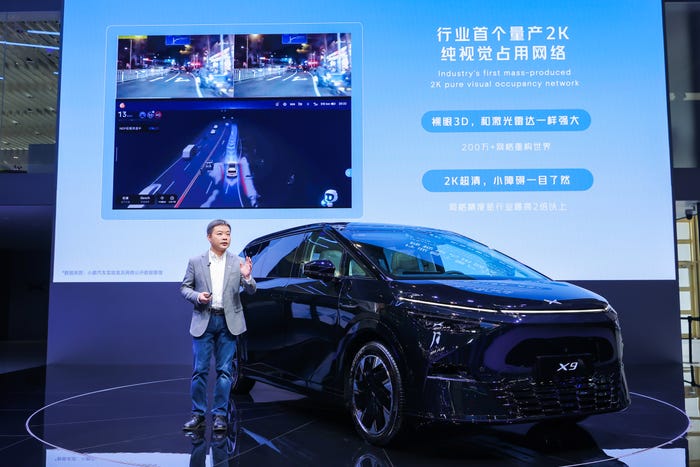Biden to Sign Executive Order on AI Regulation
The move, the most sweeping act of AI regulation to date in the U.S., includes easing immigration rules to attract more AI workers

President Biden is set to sign an executive order that represents the nation’s most sweeping AI regulation to date. Not only will it require pre-vetting of AI models but also aims to ease immigration barriers to highly technical workers, among other changes.
The Washington Post reported that Biden is expected to sign the order on Monday, two days before global leaders and top Silicon Valley executives are set to attend the U.K.’s AI Safety Summit convened by Prime Minister Sunak.
The order would use the U.S. government’s role as a customer of AI services to require AI models’ assessments before federal agencies can use them. Easing immigration requirements for AI workers are aimed at beefing up the federal government’s staffing to keep it technologically adept.
Specifically, the U.S. Department of Defense, U.S. Department of Energy and intelligence agencies are among those required to run AI model assessments to determine how AI could be incorporated into their work. The focus would be on strengthening the country’s cyber defenses.
The executive order will build on voluntary commitments by 15 companies, including OpenAI, Google, Adobe and Nvidia, to develop technology to identify AI-generated images and share data about safety with the government and academics.
Red-teaming, or using hacking to stress test the AI models, will be led by the National Institute of Standards and Technology (NIST). The agency has released a framework for management AI risks.
As for immigration changes, the work is already underway. The U.S. Department of Homeland Security proposed changes to the H1-B work visa program widely used in Silicon Valley while the U.S. State Department is expected to launch a new program focusing on attracting AI talent.
In addition, federal agencies have to assess the size of their AI workforce.
The move comes as cities and states are further ahead of the federal government to regulate AI in their local jurisdictions. Thus far, national efforts include Senate Majority Leader Chuck Schumer’s (D-NY) closed-door forums and congressional committees hearings on the topic.
The EU also is farther along than the U.S., with its AI Act expected to be passed as soon as the end of the year.
This article first appeared on IoT World Today's sister site, AI Business.
About the Author(s)
You May Also Like
.png?width=100&auto=webp&quality=80&disable=upscale)
.png?width=400&auto=webp&quality=80&disable=upscale)



.png?width=300&auto=webp&quality=80&disable=upscale)
.png?width=300&auto=webp&quality=80&disable=upscale)
.png?width=300&auto=webp&quality=80&disable=upscale)
.png?width=300&auto=webp&quality=80&disable=upscale)